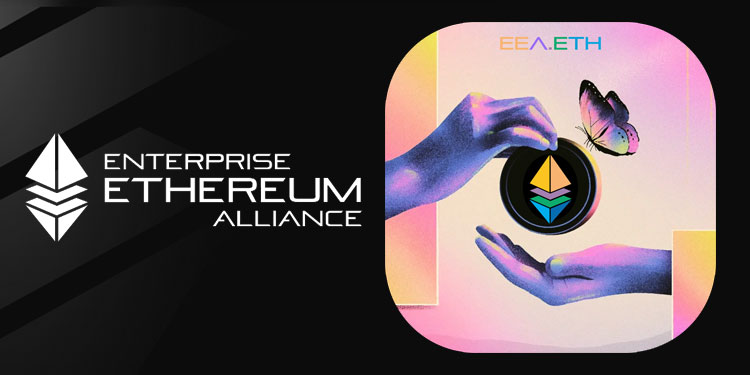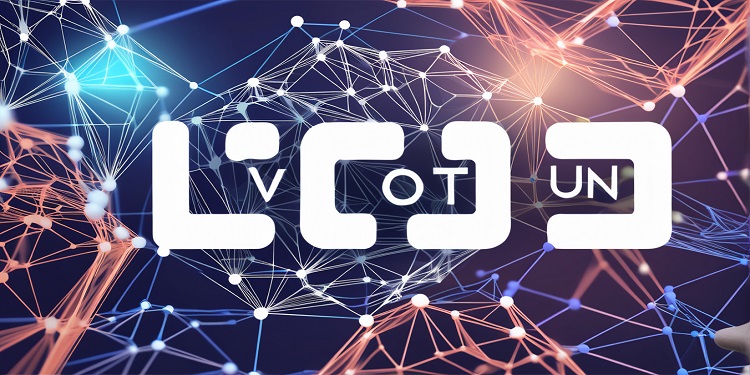 Microsoft and Intel are supporting a new program of rewarding tokens developed by the Enterprise Ethereum Alliance (EEA). The EEA, which establishes standards for Ethereum-powered blockchain apps in business, elaborated on the developments.
Microsoft and Intel are supporting a new program of rewarding tokens developed by the Enterprise Ethereum Alliance (EEA). The EEA, which establishes standards for Ethereum-powered blockchain apps in business, elaborated on the developments.
The association stated that it has developed a new program of awarding tokens and is backed by the two software behemoths.
The blockchain EEA consortium has more than 450 enterprise business members including Microsoft, Santander, Accenture, JPMorgan Chase, Intel, ING, and Cisco.
The newly developed token intends to motivate and reward enterprises who are eagerly partaking in a association.
Michael Reed, Intel’s blockchain program manager stated that there are three different kinds of tokens, namely reputation token, reward token and penalty token. Reed further stated
“It really can be applied to any consortium to incentivize teamwork. The example we are using is a software development consortium like EEA, where we are trying to motivate activities like editing and contributing to specifications, developing and adding code. Then, of course, you could apply penalties for negatives, such as lack of contribution, lack of review, missing deadlines and so on.”
This is not the first time tokens were used to reward enterprises and individuals for good appreciable activities. A blockchain based token was reported to be under development by Vienna, Austrian capital, as one of the activities of an incentive program unveiled in early 2019.
The Vienna token is supposed to be rewarded for giving feedback about the city, rewarding bike riders and appreciation for parking payment. The tokens tokens can be redeemed for items such as theater tickets.
Back in August 2019, the EEA released a list of use cases for blockchain technology in telecom field. The list included information on how blockchain technology could simplify business dealings and internal functions in the telecom sector.
The prominent use cases of blockchain in telecom field, as mentioned in the list, are call roaming user confirmation, phone call roaming reconciliation, information privacy and commercialization.








